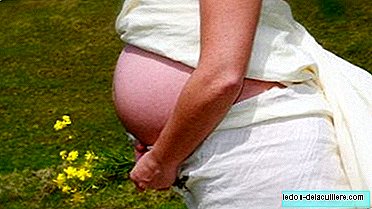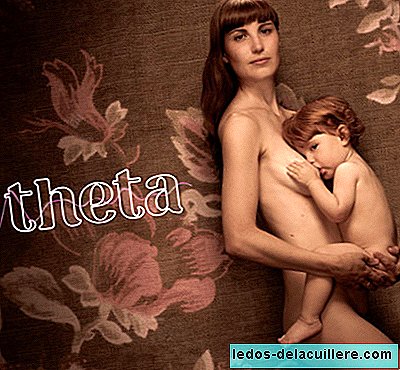Amid the largest measles outbreak in Europe in the last decade, Holland is considering not accepting in its nursery schools and nurseries to those children who are not vaccinated from measles, mumps and rubella.
With this measure, which other countries such as France, Italy or Australia also adopted in their day, it is intended to raise the country's vaccination coverage, which in recent years has fallen to 90.2 percent, a figure that is far from WHO recommendations.
Only 90 percent of Dutch children under two are vaccinated
To guarantee group immunity, WHO considers vaccination coverage above 95 percent adequate or effective, a percentage that the Dutch child population does not meet.
And it is that according to official figures, last year in the country only 90.2 percent of children under two years of age had received measles, rubella and mumps vaccines, a number that threatens to fall in 2018.The Dutch Government is aware of the problem, and is already preparing a series of measures that will be announced within a few months and will be based mainly on inform those undecided families in detail.
AdvertisingBut a large parliamentary majority, led by the three main parties of the Government, believes that information is not enough and they are committed to veto entry to nursery schools and nurseries to those children who do not have their vaccination card up to date.
The country's liberal deputy, Klaas Dijkhoff, said that mandatory vaccination should be considered if vaccine coverage continues to decline, although it is important to continue to explain to parents about the risks of not vaccinating their children, not only for them, but for other babies and children who have not completed the vaccination schedule, either by age or for any other medical reason .
For the moment, This proposal already has the support of 94 deputies, of the 150 that the Dutch Parliament has. We will see what is finally left, and if it becomes part of the measures that will be announced by the Government next fall, to fight against the low vaccination rates that the country registers.
Drastic measures against non-vaccination

If this measure is finally approved, Holland would not be the first country to carry it out. More than a year ago, the Australian authorities decided to ban unvaccinated babies from entering nurseries. This measure is added to others such as financial fines and the withdrawal of tax benefits to parents who do not vaccinate their children.
Also France, with one of the lowest vaccination rates in Europe, surprised us this year by raising to 11 the number of vaccines that children should have put in order to access schools, kindergartens and holiday colonies, both public and private.
Italy is another European country that has also imposed mandatory vaccination for all children between the ages of zero and six against 12 diseases. Not vaccinating implies both economic sanctions for parents and the inability to take children to nursery schools and nurseries.
Other European countries that have joined the mandatory vaccines are Belgium, Bulgaria, Czech Republic, Croatia, Greece, Latvia, Malta, Poland, Romania, Slovakia, Slovenia and Hungary
According to data of the Advisory Committee of Vaccines of the AEP, in our country the vaccination coverage is excellent, especially in primary vaccination, standing above 97 percent. Therefore, experts do not believe it is necessary to impose mandatory, and they are committed to keep families aware about the benefits of vaccines, and the importance of vaccinating your children.
Photos | iStock












